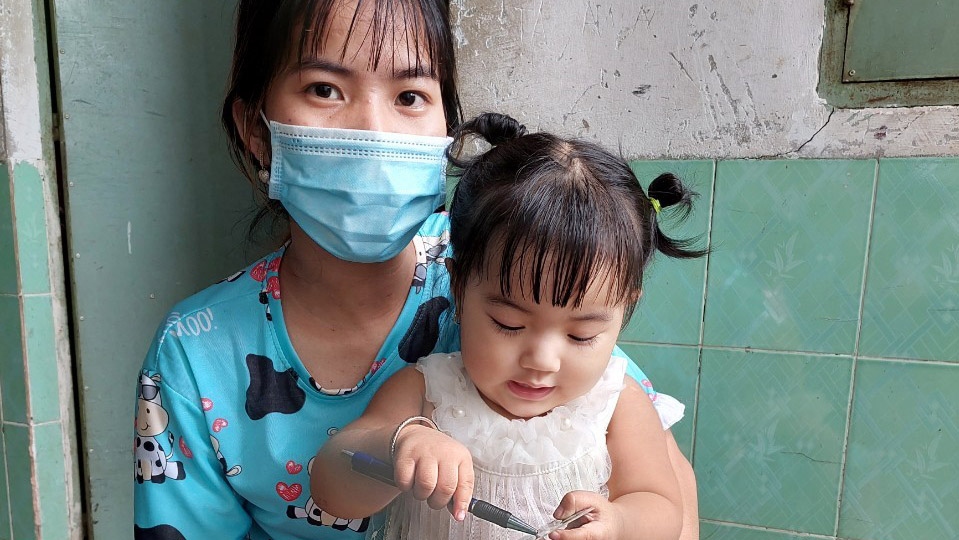Canada supports female migrant workers in Binh Duong
The Canadian Government is offering CAD50,000 to support female migrant workers affected by the COVID-19 pandemic in the southern province of Binh Duong.

“My thoughts go out to workers affected by the COVID-19 pandemic in Binh Duong Province, one of the hardest-hit provinces in Vietnam. Canada stands in solidarity with Vietnam and is pleased to provide assistance to those in need,” said Deborah Paul, Ambassador of Canada to Vietnam.
Through the Canada Fund for Local Initiatives (CFLI), Canada is providing financial support to 1,125 vulnerable female migrant workers, including pregnant women and those with small children affected by the COVID-19 pandemic in Binh Duong.
Canada’s support will help provide relief packages, including food and other essential necessities as well as social and psychological support, for COVID-19-affected female migrant workers.
This year, under CFLI, the Embassy of Canada in Vietnam has provided financial support to local partners to implement projects aimed at empowering women to overcome and adapt in the context of the pandemic.
The Canadian Embassy collaborated with the Thai Nguyen University of Information and Communication Technology for the project, “Applying digital technologies to increase the efficiency of online business for women with disabilities in the Red River Delta region of Vietnam”.
Besides, the embassy is supporting the Blue Dragon Children’s Foundation’s project, “Empowering women and girls to prevent human trafficking in the context of the COVID-19 pandemic through access to education, careers and life skills”, and the Institute for the Development and Community Health – Light’s project, “Ethnic Minority Women – Champions of Changes -Social and economic empowerment for ethnic minority women in Vietnam”, among others.
In 2021-2022, CFLI is funding the project, “Promoting gender-equality and safe migration for Vietnamese undocumented women migrant workers through inclusive governance and women capacity building”, implemented by the Institute for Social Development Studies.
